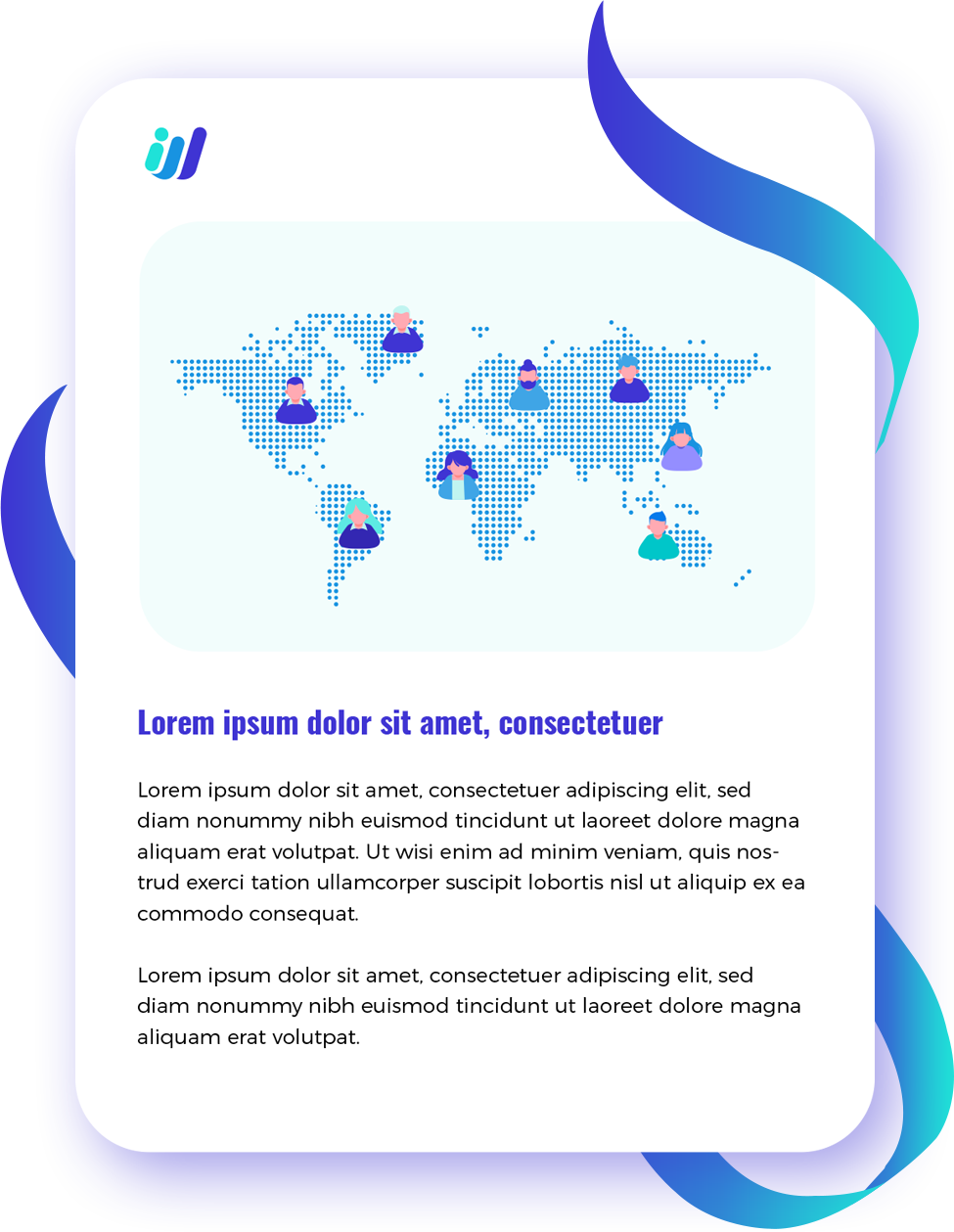Outsourcing in the financial services industry has evolved significantly over the years, and the emergence of the third wave is transforming the way companies manage their financial operations. In this article, we will delve into the concept of financial services outsourcing, identify the top financial services that organizations commonly outsource, explore the benefits of outsourcing finance services, discuss the process of outsourcing financial operations, and emphasize the central role of third wave outsourcing in modern, global businesses.
I. Definition of Financial Services Outsourcing
Financial services outsourcing involves contracting specific financial functions or processes to external service providers. These services can range from accounting and bookkeeping to more complex tasks such as risk management and compliance. This approach allows companies to streamline their operations, reduce costs, and enhance efficiency. One key player in this outsourcing dynamic is the Chief Financial Officer (CFO), who plays a pivotal role in overseeing and guiding the outsourcing strategy.
The CFO, as a strategic financial leader, actively contributes to the decision-making process of identifying which financial functions are suitable for outsourcing. Their expertise helps determine the most effective ways to leverage external service providers, aligning outsourcing initiatives with the company’s overall financial goals. The CFO also plays an important role in ensuring that the outsourcing strategy adheres to regulatory compliance and risk management standards, safeguarding the company’s financial integrity.
As the financial landscape evolves, the CFO’s involvement in financial services outsourcing becomes increasingly crucial. Their strategic insights drive the decision to outsource specific functions and contribute to the outsourcing relationship’s overall success.
II. Top Financial Services to Outsource
A. Accounting and Bookkeeping: Outsourcing routine accounting tasks allows companies to maintain accurate financial records without diverting valuable in-house resources.
B. Payroll Processing: Managing payroll can be time-consuming and complex. Outsourcing this function aids timely and accurate payment processing while staying compliant with tax regulations.
C. Financial Analysis: Expert financial analysis aids strategic decision-making. Outsourcing provides access to specialized skills and insights.
D. Compliance and Risk Management: External experts can help navigate the complex nature of regulatory compliance and risk management, ensuring that the company adheres to industry standards.
E. Tax Preparation: Outsourcing tax-related tasks achieves compliance with ever-changing tax regulations and helps businesses manage their tax liabilities.
III. Benefits of Outsourcing Finance Services
A. Cost Savings and Operational Efficiency
Outsourcing financial services allows companies to achieve substantial cost savings. External service providers often have economies of scale, enabling them to deliver services at a lower cost compared to in-house operations. This cost-effectiveness is not limited to labor expenses but also includes savings on technology, infrastructure, and training. Additionally, outsourcing helps companies streamline their financial processes, reducing the time and resources required for routine tasks.
B. Focus on Core Competencies
By outsourcing non-core financial functions, companies can redirect their internal resources and expertise toward core business activities. This strategic reallocation enables businesses to concentrate on innovation, product development, and customer engagement. The enhanced focus on core competencies contributes to improved competitiveness and agility in the marketplace.
C. Access to Specialized Skills and Expertise
External service providers bring a wealth of specialized skills and expertise to the table. Finance and accounting outsourcing firms often consist of professionals with diverse backgrounds and extensive experience in various industries. This expertise guarantees that complex financial tasks, such as compliance management, tax optimization, and financial analysis, are handled with precision and in accordance with industry best practices.
D. Scalability and Flexibility
Outsourcing provides companies with the flexibility to scale their financial operations based on business needs. During periods of expansion, external service providers can quickly adapt to increased workloads, ensuring seamless operations without the need for extensive internal restructuring. Conversely, during lean times, companies can scale down outsourcing agreements, thereby optimizing costs.
E. Risk Management and Compliance
Financial services outsourcing involves partnering with experts who understand the intricacies of regulatory compliance and risk management. External service providers stay abreast of evolving regulations and assure us that the company remains compliant. This is particularly crucial in industries with stringent regulatory requirements, where non-compliance can lead to severe consequences.
F. Technological Advancements
Outsourcing partners often leverage cutting-edge technologies and tools to enhance the efficiency and accuracy of financial processes. Companies benefit from access to state-of-the-art software, analytics platforms, and automation solutions without the upfront investment and ongoing maintenance costs associated with implementing these technologies in-house.
G. Improved Reporting and Decision-Making
Outsourcing firms often provide detailed and customized financial reports, offering valuable insights into the company’s financial health. This information empowers executives, including the CFO, to make informed decisions based on accurate and up-to-date financial data. Timely reporting is imperative for strategic planning and helps businesses adapt swiftly to changing market conditions.
H. Enhanced Security Measures
Recognizing the sensitivity of financial data, outsourcing providers implement robust security measures to protect against data breaches and unauthorized access. These measures often exceed the security protocols that companies may have in place internally, providing an additional layer of protection for critical financial information.
IV. How to Outsource Financial Operations
The process of outsourcing financial operations involves strategic planning and careful consideration. Key steps include:
- Assessment of Needs
Begin by conducting a comprehensive assessment of your company’s financial landscape. Identify specific financial functions that could benefit from outsourcing. This could include routine tasks like bookkeeping, payroll processing, or more complex functions such as financial analysis and compliance management. A thorough understanding of your organization’s needs will guide the outsourcing strategy.
- Vendor Selection
Choosing the right outsourcing partner is a vital step in the process. Thoroughly evaluate potential service providers based on factors such as their expertise, industry experience, track record, and technological capabilities. Consider engaging with vendors who have a proven record of delivering quality financial services and who align with your company’s values and goals.
- Data Security Measures
Given the sensitivity of financial data, robust data security measures are paramount. Ensure that the outsourcing partner follows industry best practices for data protection, including encryption, secure data transmission, and compliance with data privacy regulations. Conduct a thorough review of the provider’s security protocols and certifications to safeguard sensitive financial information.
- Service Level Agreements (SLAs)
Establish clear and detailed Service Level Agreements (SLAs) that outline the expectations, performance metrics, and deliverables. SLAs should cover aspects such as response times, accuracy benchmarks, and the frequency of reporting. A well-defined SLA highlights transparency and accountability and impacts the quality and timeliness of services.
- Continuous Communication
Open and continuous communication is essential for the success of any outsourcing arrangement. Establish a communication plan that includes regular meetings, status updates, and a feedback mechanism. Promote a collaborative relationship with the outsourcing partner, addressing any concerns or challenges promptly to foster a smooth and efficient workflow.
- Risk Mitigation Strategies
Develop risk mitigation strategies to address potential challenges that may arise during the outsourcing engagement. This could involve creating contingency plans, establishing clear escalation procedures, and implementing measures to address unforeseen disruptions, such as changes in personnel or economic uncertainties.
- Performance Monitoring and Evaluation
Implement robust monitoring and evaluation mechanisms to assess the performance of the outsourcing partner continuously. Regularly review key performance indicators (KPIs) outlined in the SLAs and conduct periodic audits to ensure adherence to quality standards. Use performance data to drive continuous improvement and optimize the outsourcing relationship.
V. Third Wave Outsourcing in Financial Services
The emergence of third wave outsourcing in financial services represents a paradigm shift for businesses seeking to elevate their operational prowess. As highlighted by the forward-looking principles of third wave outsourcing, this transformative approach is not merely about transactional relationships but about forging dynamic partnerships that thrive on collaboration, innovation, and technological sophistication. By embracing the possibilities offered by third wave outsourcing, businesses can navigate the complexities of modern finance with agility and foresight.
Outsourcing financial services has become essential for modern, global businesses. The benefits of outsourcing finance services go beyond cost considerations, encompassing strategic advantages that contribute to a company’s long-term success. A well-executed outsourcing strategy not only enhances efficiency and cost-effectiveness but also positions companies for sustained growth in an increasingly competitive business environment.



